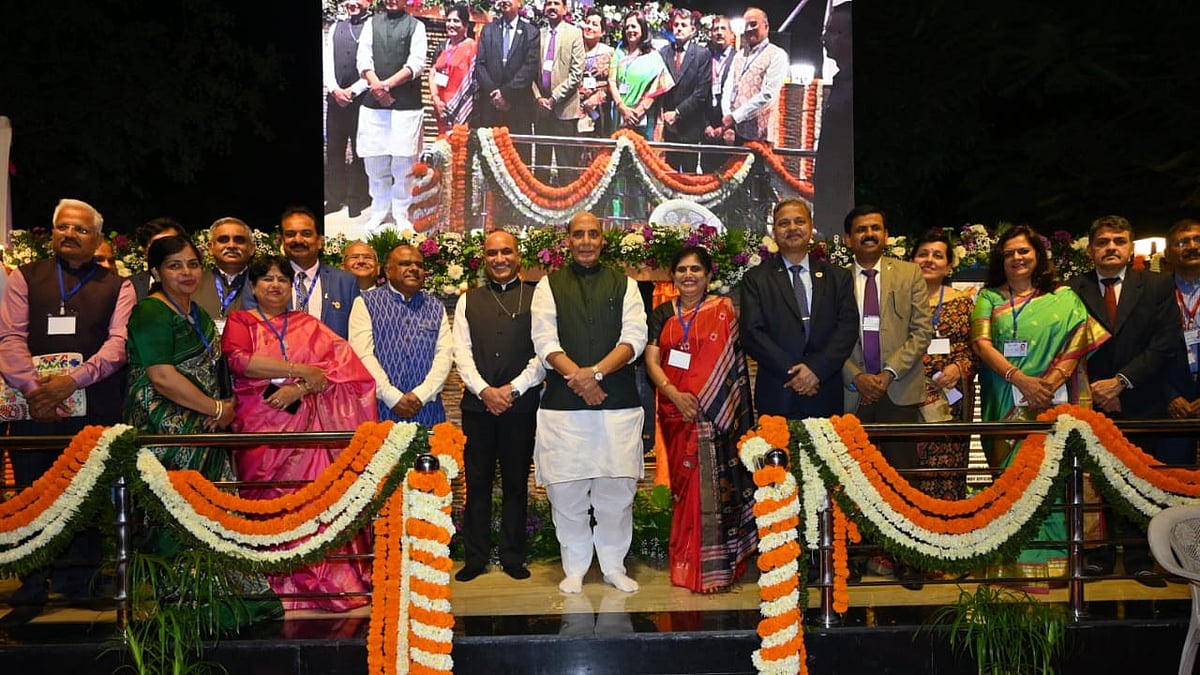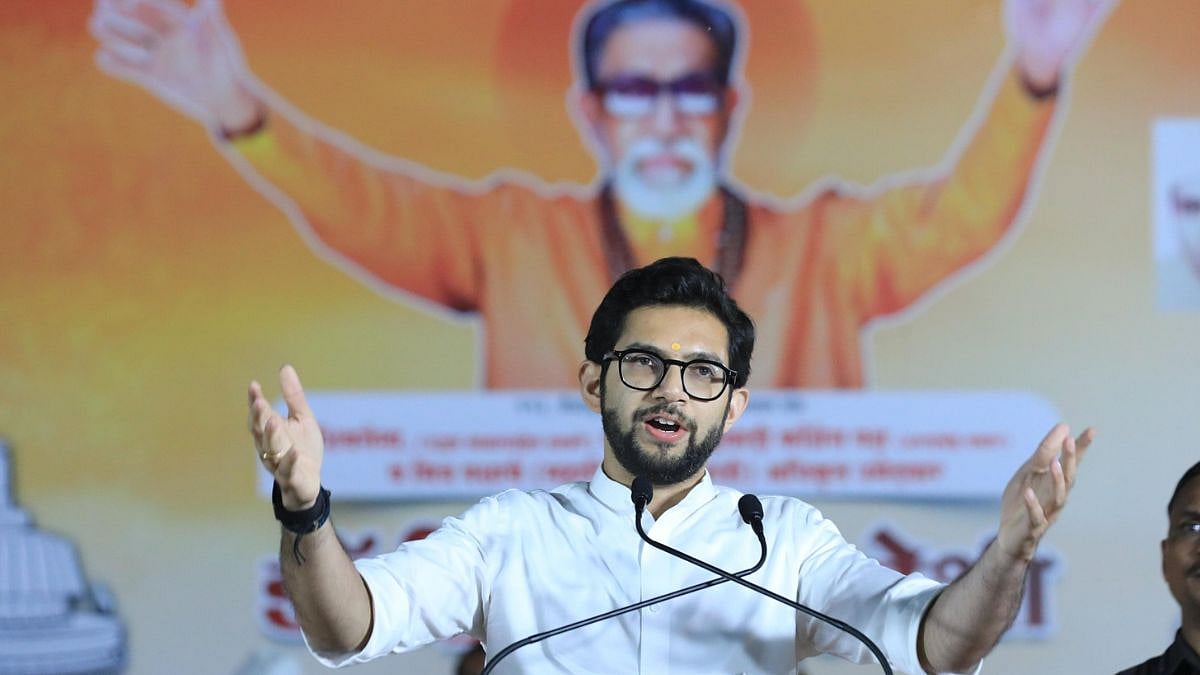Choosing the right data processing approach is crucial for any organization aiming to derive maximum value from its data. The debate between Extract, Transform, Load (ETL) and Extract, Load, Transform (ELT) processes is central to this decision. Expert data engineer Arjun Mantri, who has worked for major corporations like Expedia, offers insightful advice on making this crucial decision and expert data pipeline design.
The field of data engineering has benefited greatly from Arjun Mantri's notable accomplishments and contributions. During his tenure at Expedia, he played a crucial role in optimizing the company's data infrastructure, achieving remarkable efficiency gains. "We migrated the old platform from Pig and Hive to Spark, which significantly improved our data processing capabilities," Mantri notes. This migration resulted in a 40% increase in efficiency, underscoring the importance of choosing the right data processing approach.
One of Mantri's major accomplishments was reducing a 19-hour daily modeling pipeline to just over an hour at Expedia. This achievement not only improved operational efficiency but also enabled more timely decision-making processes. His expertise extends beyond implementation, as evidenced by his research paper, "Event Driven Data Architecture: Design and Implementation with Kinesis and Spark Streaming," published in the International Journal of Science and Research. This work has been instrumental in shaping modern approaches to data architecture.
In the context of ETL vs. ELT, Mantri emphasizes the importance of considering the specific needs of the business. "For instance, in the car rental industry, where dynamic pricing is crucial, the choice between ETL and ELT can significantly impact the ability to adjust prices in real-time," he explains. His work on dynamic pricing models at Expedia demonstrated how the right data processing approach could lead to more responsive and profitable pricing strategies.
Mantri's contributions to the field of data engineering are also evident in his numerous publications. His ResearchGate profile showcases an impressive array of papers that highlight his expertise and thought leadership. Notable among these are "Influence of Data Engineering on Travel Car Rental Industry and Return of Investment (ROI)," "Ensuring Data Security and Privacy During Data Migration," and "Predictive Analytics for Dynamic Pricing in Travel Bookings Using Machine Learning Pipelines." These publications cover a wide range of topics, from industry-specific applications to cutting-edge techniques in machine learning and artificial intelligence.
The decision between ETL and ELT often hinges on factors such as data volume, processing speed requirements, and the complexity of transformations. Mantri points out, "In some cases, like with Snowflake, performing transformations within the data warehouse (ELT) can be more efficient. However, for complex transformations or when dealing with streaming data, ETL using tools like Apache Spark might be more appropriate." His research, "Advanced ML Techniques for Optimizing ETL Workflows with Apache Spark and Snowflake," further explores this dichotomy, demonstrating how machine learning can optimize ETL processes, potentially bridging the gap between ETL and ELT approaches.
In terms of the future, the expert sees a shift toward hybrid strategies. "The line between ETL and ELT is blurring," he observes. "Modern data architectures are increasingly adopting a flexible approach, choosing the most appropriate method based on the specific use case rather than adhering strictly to one paradigm." His insights suggest that organizations must remain adaptable and consider the specific needs of their data environment when choosing between ETL and ELT.

Arjun Mantri's extensive research and practical experience continue to shape the future of data engineering. His work demonstrates that the choice between ETL and ELT is not just a technical decision, but a strategic one that can significantly impact an organization's ability to derive value from its data assets. As organizations navigate the complexities of big data, insights from experienced professionals like Mantri prove invaluable, contributing to the advancement of the field and the optimization of data pipelines.
.jpg?width=1200)









